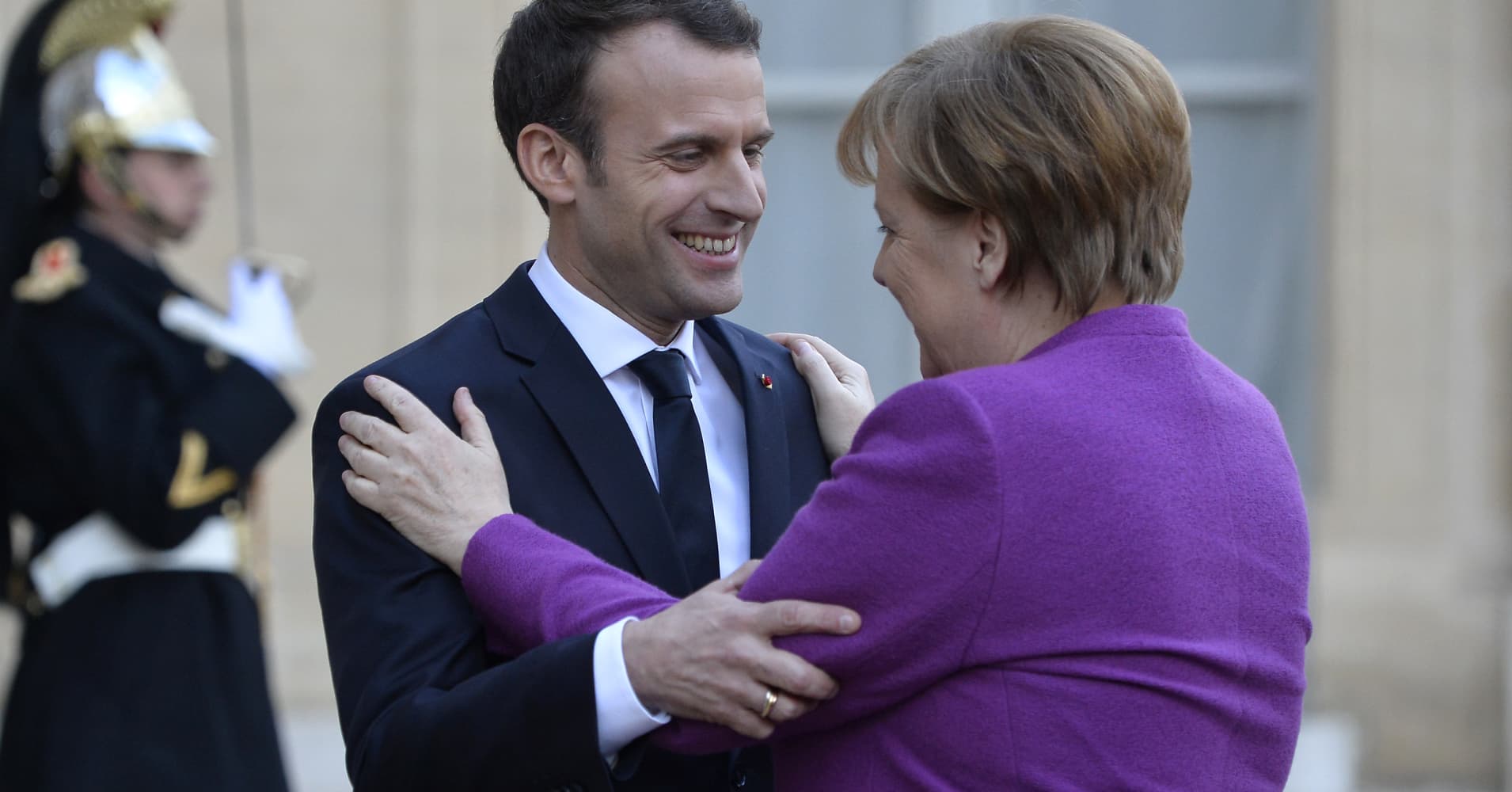
That, too, is an old French agenda. France has been a steady advocate of a leading, "avant-garde" group of countries that could be gradually extended to include other EU members as they feel willing and ready to accept radical sovereignty transfers to European institutions.
There are two major problems with that. First, that would divide member states, with those left behind fearing that binding policy decisions would be made without their participation. Second, some countries, which are also the founding members of the European Union, such as Italy and the Netherlands, are strongly objecting to the French-German plans being thrust on the rest of them as a fait accompli.
And then just think of the newly elected Italian political leaders — a very Euro-skeptic and openly anti-German bunch. They would not want to have anything to do with a strong and centralizing European authority in Brussels.
More to the point, Dutch Prime Minister Mark Rutte spoke last Friday in the name of seven other countries — forcefully rejecting the French ideas of a euro zone finance minister and a heavy and expensive institutional buildup.
The new German finance minister, Olaf Scholz, raised some of those issues with his French colleague Bruno Le Maire while their bosses were basking in bonhomie and raving about an invincible European Union in the splendors of the Elysee Palace.
That two-hour finance ministers meeting was described as a very difficult discussion. Germany does not want to create unnecessary and expensive new institutions, especially since the British departure has left a big hole in the EU budget. The remaining 27 member states will have to make up for that with new taxes. And, above all, the Germans don`t want to come anywhere near the common financing of euro area`s debts and deficits.
All that is happening while Germany`s fragile coalition government faces huge challenges posed by the strengthening political forces of nationalism and populism that are feeding off Merkel`s migration policies. The country`s powerful Interior Minister Horst Seehofer shocked the government and the public opinion last week by saying that "Islam does not belong to Germany." That was a tip of a hat of sorts to his far-right constituencies, a mainstay of Seehofer`s native Bavarian power base that is increasingly leaning toward an even more radical and far-right AfD.
How will, after all that, Germany and the EU Commission force Hungary, Poland, the Czech Republic and Slovakia to accept migrant quotas they steadfastly refuse? No wonder Polish President Andrzej Duda complains that the EU membership has become an "occupation force.


0 comments:
Post a Comment